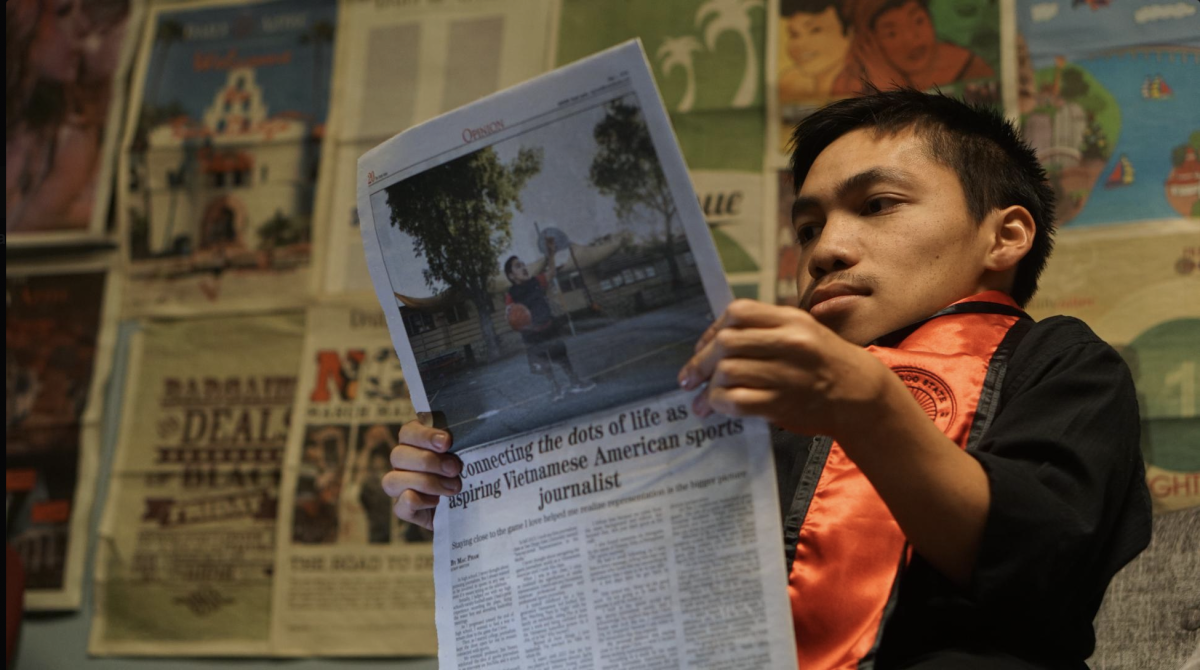As the summer draws nearer, students are beginning to solidify summer plans. Some will work, some are gearing up for summer courses and some are making a firm commitment to daytime television and poolside lounging.
Some students choose to spend their time a little differently by volunteering overseas, working to build schools or playing with children at orphanages in underdeveloped countries. This “voluntourism” seems to be a noble way to spend a summer changing the world, but is it actually benefitting the people in the developing communities? Or is it simply allowing Westerners to pat themselves on the back and post Facebook photos of their “life-changing” week in Cambodia?
Let it be said that any altruistic action is better than apathy, and most people who choose to volunteer truly have good intentions. However, there are a lot of problems with the way the voluntourism industry functions.
First and foremost, many of these trips address the volunteer’s desire to feel like he or she is making a difference rather than addressing the actual needs of the community. [quote]Thanks to this misguided motive, many impoverished communities are being oversaturated with volunteers who don’t necessarily have the skills or the time to actually make improvements.[/quote]
Think about it: Do most citizens possess the construction skills necessary to build a large structure such as a school? Do they have the ability to teach children effectively? Do they know enough about the cultural, political and economic climate of the country they’re going to? Oftentimes, the answer is no. Because the progress made on such projects is extremely slow or more likely nonexistent, this allows the organization to continue sending volunteers, who sometimes pay the organization thousands of dollars for placement. Volunteers who aren’t helpful to the project aren’t merely harmless, but often unintentionally injurious.
What’s more, there can be detrimental psychological effects to both the volunteers and those being served. Imagine being an orphaned child in a developing nation. You likely already feel some sense of abandonment, and then here come the Westerners, who want to play and take pictures with you—but only for a few days before they leave. There’s no sense of stability as these people cycle in and out, using these confused children as props.
As mentioned prior, quite often the work being done by volunteers is largely futile. So young do-gooders who want to set out and change the world may return from their trips feeling disillusioned and guilty, depressed that they haven’t truly made a difference.
There’s also an uncomfortable dynamic between the volunteers and those they serve. Volunteers take on a brief “white knight” role, while the served are extremely grateful recipients. This can lead to a vaguely condescending relationship between giver and recipient, not to mention one that allows the volunteer to become self-congratulatory rather than focusing on genuine help.
[quote]Genuine help is utilizing the skills available to impart a real and permanent solution.[/quote] It means that we send people with experience in construction to build schools, send those with a background in education to teach, and send those with medical knowledge to treat illnesses. It means that we demand a long-term plan from the organization sending volunteers, and we make sure it’s a realistic plan at that.
If you’re committed to travelling as part of your volunteer efforts, make sure to research where and how your skills might best be used. Be realistic about what you can offer, and make sure the organization you choose has a concrete plan and a timeline for progress. Another option is travelling without volunteering, and stimulating the local economy with your tourism dollars, allowing for more self-sufficiency on the part of the residents of the country.
Genuinely helping developing countries may not (and probably doesn’t) involve a visit to a foreign country. Organizations such as UNICEF and the American Red Cross need volunteers in the U.S., to organize fundraisers, raise awareness and perform other critical functions. Sure, it might not make for a striking Facebook album, but you’ll actually be helping the cause instead of merely creating an illusion.








